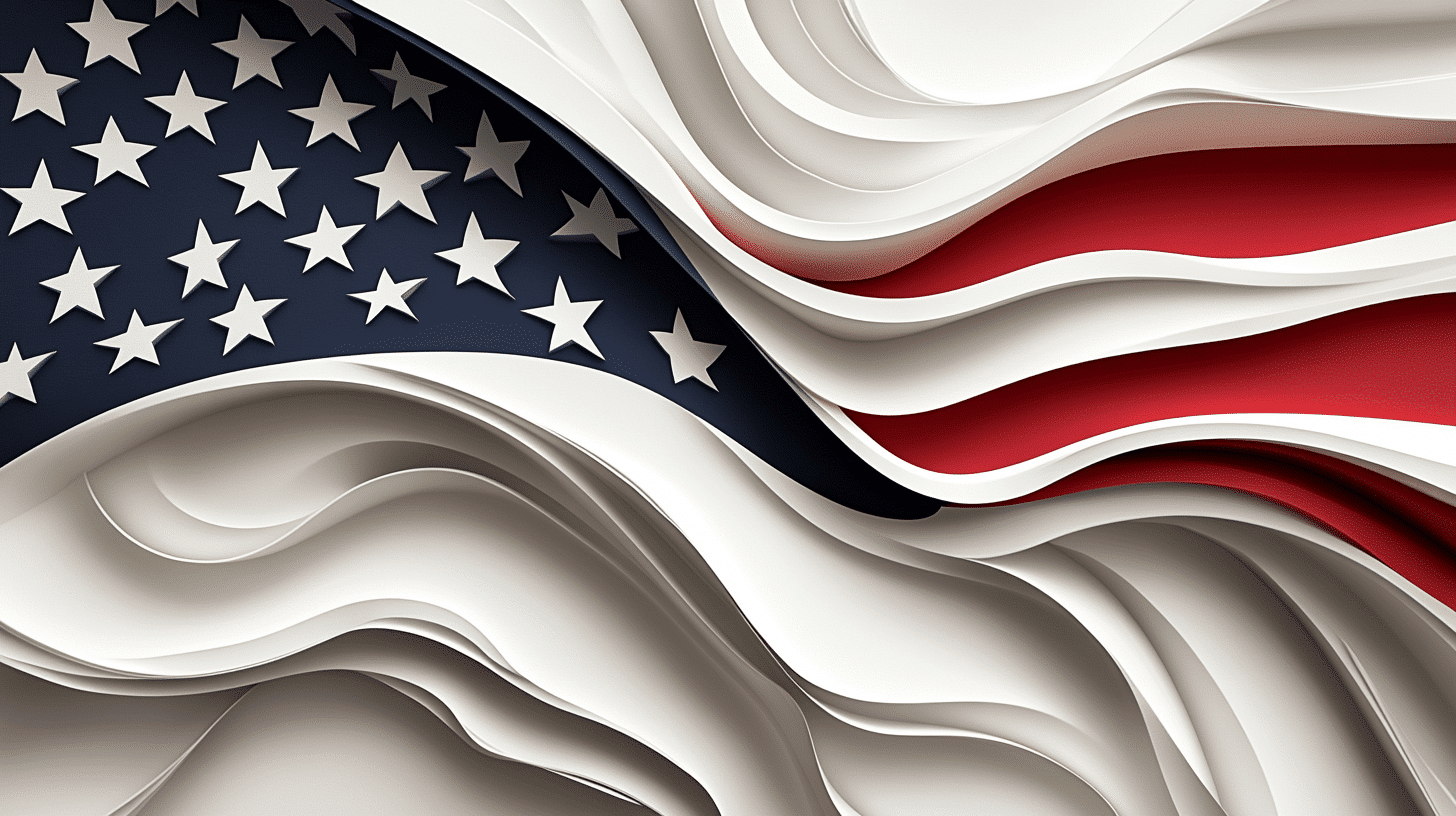What is Helen Keller Day?
Helen Keller Day, observed annually on June 27th, celebrates the life and legacy of Helen Keller, a remarkable advocate for people with disabilities. This day honors her achievements in overcoming the challenges of being both deaf and blind and recognizes her contributions as a writer, activist, and lecturer. Helen Keller Day aims to raise awareness about the abilities and rights of individuals with disabilities and to inspire people to advocate for inclusivity and accessibility.
History and Origin
Helen Keller Day was established to commemorate the birthday of Helen Keller, who was born on June 27, 1880. Keller became deaf and blind at the age of 19 months due to an illness, yet she went on to achieve incredible accomplishments with the help of her teacher, Anne Sullivan. Keller became the first deaf-blind person to earn a Bachelor of Arts degree and dedicated her life to advocating for people with disabilities.
The U.S. Congress authorized Helen Keller Day in 1980, on the 100th anniversary of her birth, to honor her contributions and to promote awareness and support for the rights of individuals with disabilities. The day serves as a reminder of Keller’s inspirational life and the progress that has been made, and still needs to be made, in achieving equality and accessibility for all.
Who Celebrates Helen Keller Day?
- Educational Institutions: Conduct programs and activities to educate students about Helen Keller’s life and the rights of individuals with disabilities.
- Disability Advocacy Organizations: Host events, workshops, and campaigns to raise awareness about the challenges and achievements of people with disabilities.
- Libraries and Museums: Organize exhibitions and special events to highlight Helen Keller’s contributions and historical significance.
- General Public: Participate in activities, share information, and reflect on the importance of inclusivity and accessibility.
Slogans and Themes
Themes for Helen Keller Day often focus on perseverance, advocacy, and inclusivity. Slogans like “Overcoming Barriers,” “Champion for Change,” and “Inclusion for All” capture the essence of the day.
Colors, Symbols, and Patterns
Colors:
- Blue: Often associated with trust and advocacy, representing the work of disability rights organizations.
- White: Symbolizing purity, hope, and the ongoing fight for equality and accessibility.
Symbols:
- Braille: Representing literacy and communication for the blind and visually impaired.
- Hand Sign: Reflecting sign language and communication for the deaf and hearing impaired.
- Books: Symbolizing education and the achievements of Helen Keller as a writer and scholar.
Patterns:
- Abstract Designs: Highlighting the creativity and innovation in overcoming disabilities.
- Educational Motifs: Reflecting the importance of learning and knowledge.
Most Used Hashtags
- #HelenKellerDay
- #InclusionForAll
- #DisabilityRights
- #Inspiration
- #Advocacy
How to Celebrate
- Learn About Helen Keller: Read books, watch documentaries, or attend lectures about Helen Keller’s life and achievements to understand her impact.
- Support Disability Rights: Donate to or volunteer with organizations that advocate for the rights of people with disabilities.
- Raise Awareness: Use social media to share information about Helen Keller and the importance of inclusivity and accessibility, using popular hashtags.
- Host Educational Events: Organize events at schools, libraries, or community centers to educate others about Helen Keller and disability rights.
- Promote Accessibility: Advocate for improved accessibility in your community by supporting policies and initiatives that make public spaces and resources more accessible to individuals with disabilities.
Importance of Helen Keller Day
Helen Keller Day is important because it celebrates the extraordinary life of Helen Keller, who overcame immense challenges to become a leading advocate for people with disabilities. Her story serves as an inspiration and a reminder of the potential within every individual, regardless of their disabilities. The day highlights the ongoing need for advocacy and action to ensure that people with disabilities have equal opportunities and access to resources.
By raising awareness about the rights and abilities of individuals with disabilities, Helen Keller Day fosters a more inclusive and equitable society. It encourages people to support disability rights, promote accessibility, and recognize the contributions of individuals with disabilities to our communities.
